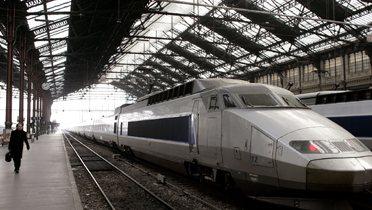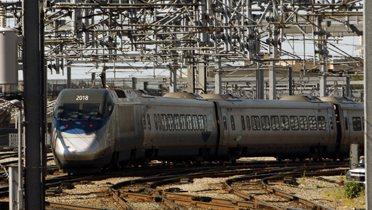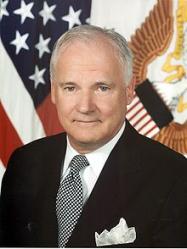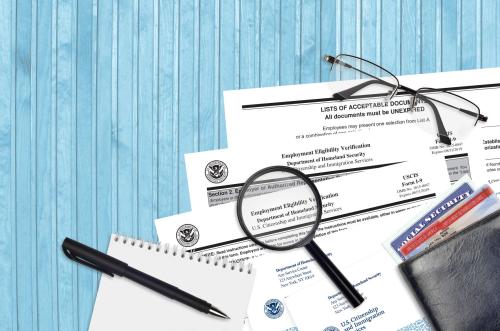

2:30 pm EDT - 4:00 pm EDT
Past Event
2:30 pm - 4:00 pm EDT
1775 Massachusetts Avenue NW
Washington, DC
20036
The United States lags behind many other countries in harnessing the potential of high-speed rail to improve connectivity among metropolitan areas, diminish the economic and social costs of traffic congestion, and renovate an aging transportation infrastructure. Japan, on the other hand, has been a global leader in high-speed rail since the introduction of the first “bullet trains” half a century ago, and now, through magnetic levitation (maglev) technology, has developed one of the fastest trains in the world.
Recent proposals to construct a maglev train network in the Northeast Corridor have been met with mixed reactions. The maglev line could cut the travel time between metro areas, boost economic growth, alleviate traffic congestion, and reduce greenhouse gas emissions. However, it faces implementation challenges of land acquisition for new track and the necessity of billions of dollars in repair work to the existing road and rail infrastructure.
On May 14, the Brookings Institution hosted a forum to address both the challenges and opportunities for maglev in the U.S. today, as well as transportation technology as a new area for U.S.-Japan collaboration. This forum is co-sponsored by the Brookings Center for East Asia Policy Studies and the Metropolitan Policy Program.
Join the conversation on Twitter at #maglev and learn more about Infrastructure Week at the website.
Related Content

Julie Wagner
March 9, 2010

Robert Puentes
January 6, 2010

Mark Muro, Sarah Rahman
August 3, 2009




Tara Watson
January 9, 2024
2023
Brookings Institution, Washington DC
Tuesday, 10:00 am - 11:00 am EST

Richard C. Bush, Bruce Jones, Jonathan D. Pollack
January 17, 2013